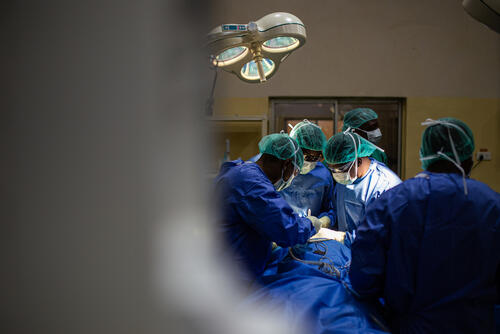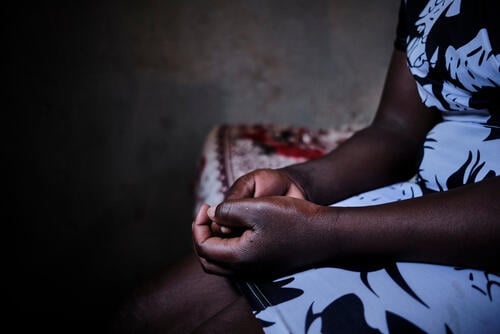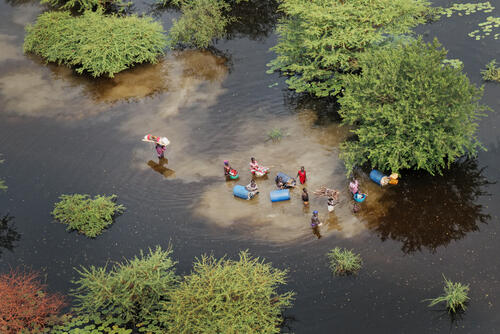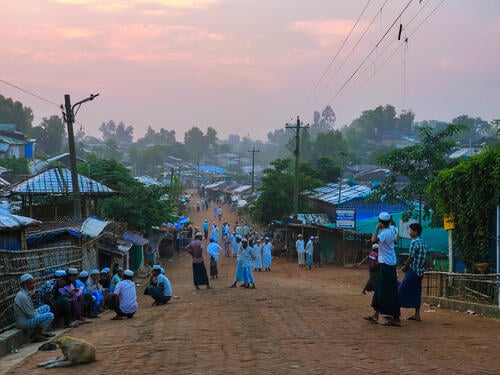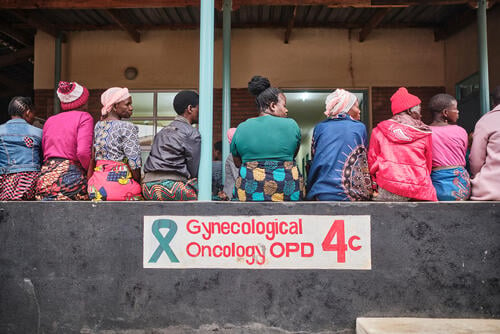Surgery in a humanitarian situation is often associated with armed conflict. Yet our teams conduct operations for a variety of needs. In 2023, nearly one in four of the major surgeries we performed were caesarean sections, which is difficult to access in countries with a failing health system or in humanitarian emergencies. The opening of a surgical programme has a number of prerequisites which need medical and logistics resources, such as sterile conditions, qualified personnel, and post-operative capacity.

96,600
96,6
29,300
29,3
Quick facts about surgery and trauma care

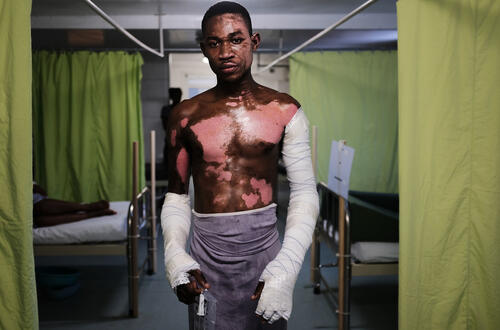
Our surgeons work in areas of urban violence or low-intensity conflict where health structures are difficult to access or have been degraded. Patients are operated on as a result of injuries from gunshots or knives, after suffering from torture or physical abuse, or after accidents, including for burns.

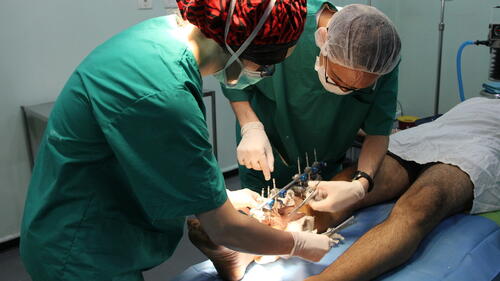
Trauma care in conflict zones needs to be mobile and responsive. In order to improve a patient's chances of survival it's necessary to minimise the time and distance from the point of injury to a hospital with surgical capacity. In places of active conflict, if needed and if possible, we set up stabilisation points so that patients can receive first aid and emergency care, and be transported efficiently to a hospital where they can get life-saving surgery.

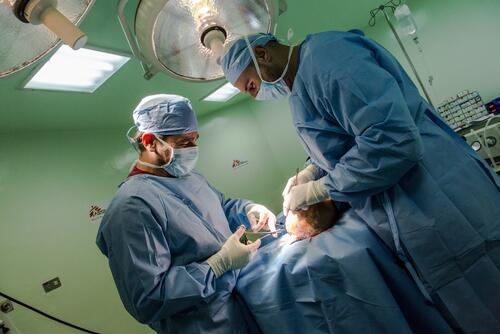
After trauma or war wounds, patients may need further reconstructive surgery. We run a dedicated reconstructive surgery hospital in Jordan to reconstruct people's bodies damaged by bomb explosions, bullet wounds, shrapnel or severe burns. In tandem with physiotherapy, surgeons operate to restore functionality and mobility to patients.

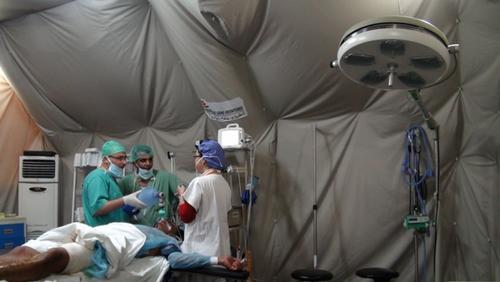
Having to provide surgical services where the needs are greatest - but perhaps where there may not be a suitable hospital for hundreds of kilometres - MSF uses several solutions, including an 'inflatable' surgical tent. Sophisticated, portable, but sterile, it can be moved and set up within 48-72 hours in areas of conflict or a region affected by a natural disaster. More recently, our teams have developed the MUST, a mobile operating room in a trailer, which allows teams to move quickly to needed areas.

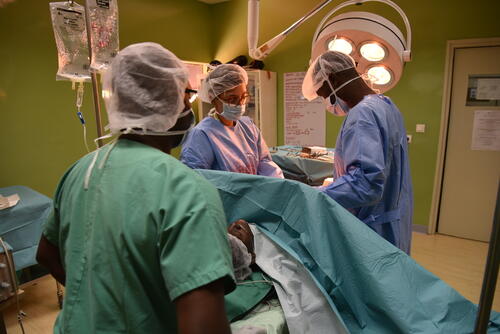
Our teams delivered over 29,300 babies via caesarean section in 2023, focused on helping mothers with life-threatening pregnancy complications. Caesarean sections are performed on women suffering from pre-eclampsia (pregnancy-related high blood pressure), obstructed labour, or when the baby is in breech position (feet down).

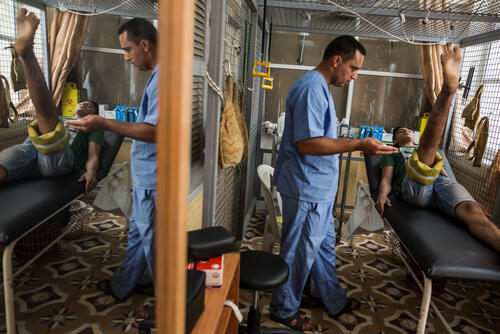
Post-operative care is an essential part of surgery, to prevent and treat infections, monitor how the wound is healing, and avoid complications. Post-operative care is an integral part of our surgical projects. We also provide physiotherapy to enable people to recover as much mobility as possible.
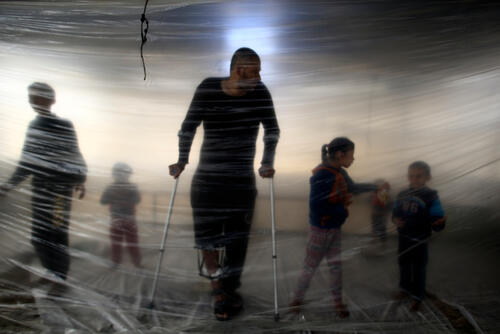
Gaza, one year after the protests’ bloodiest day
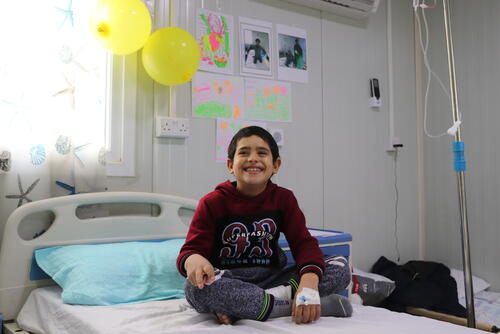
A year of post-operative care in Mosul
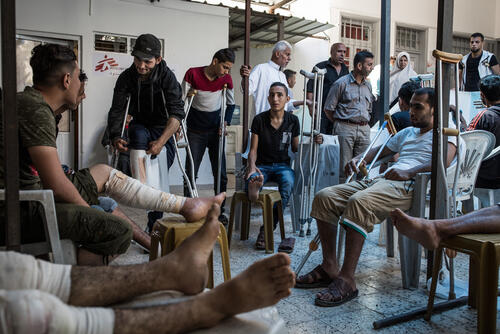
Gaza’s numbing routine of injury and death
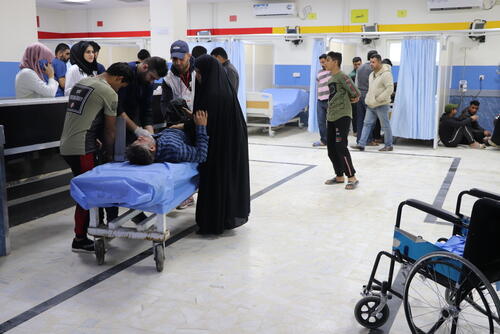
Triaging patients in one of Baghdad's busiest emergency departments
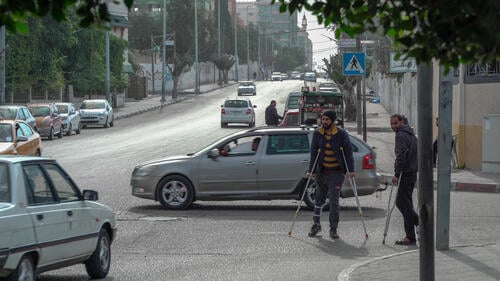
March of Return protestors abandoned after year of suffering
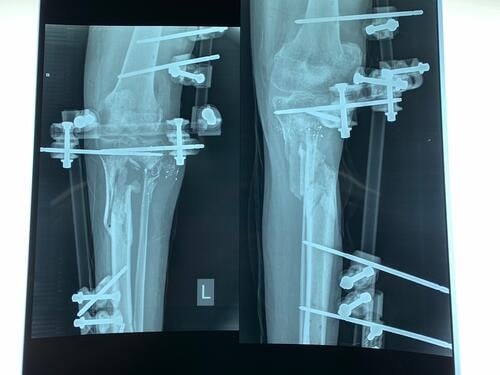
The challenge of filling gaps in the legs of Gaza’s wounded
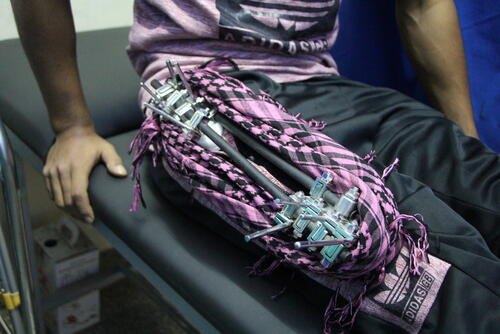
Gazans’ injuries risk permanently shattering lives
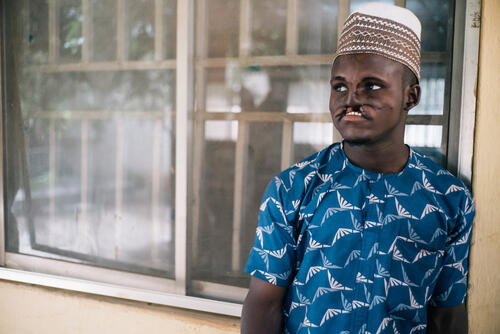
The neglected disease that destroys faces and lives
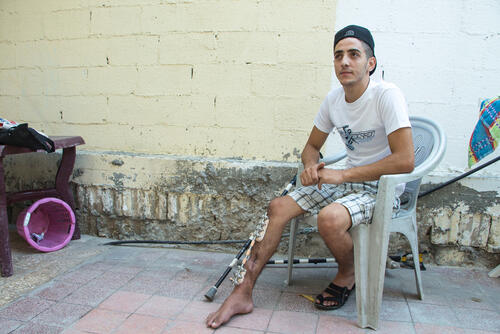
“When I sleep, it feels like knives moving through my leg”

MSF Field Research
We produce important research based on our field experience. So far, we have published articles in over 100 peer-reviewed journals. These articles have often changed clinical practice and have been used for humanitarian advocacy. All of these articles can be found on our dedicated Field Research website.
Visit site


